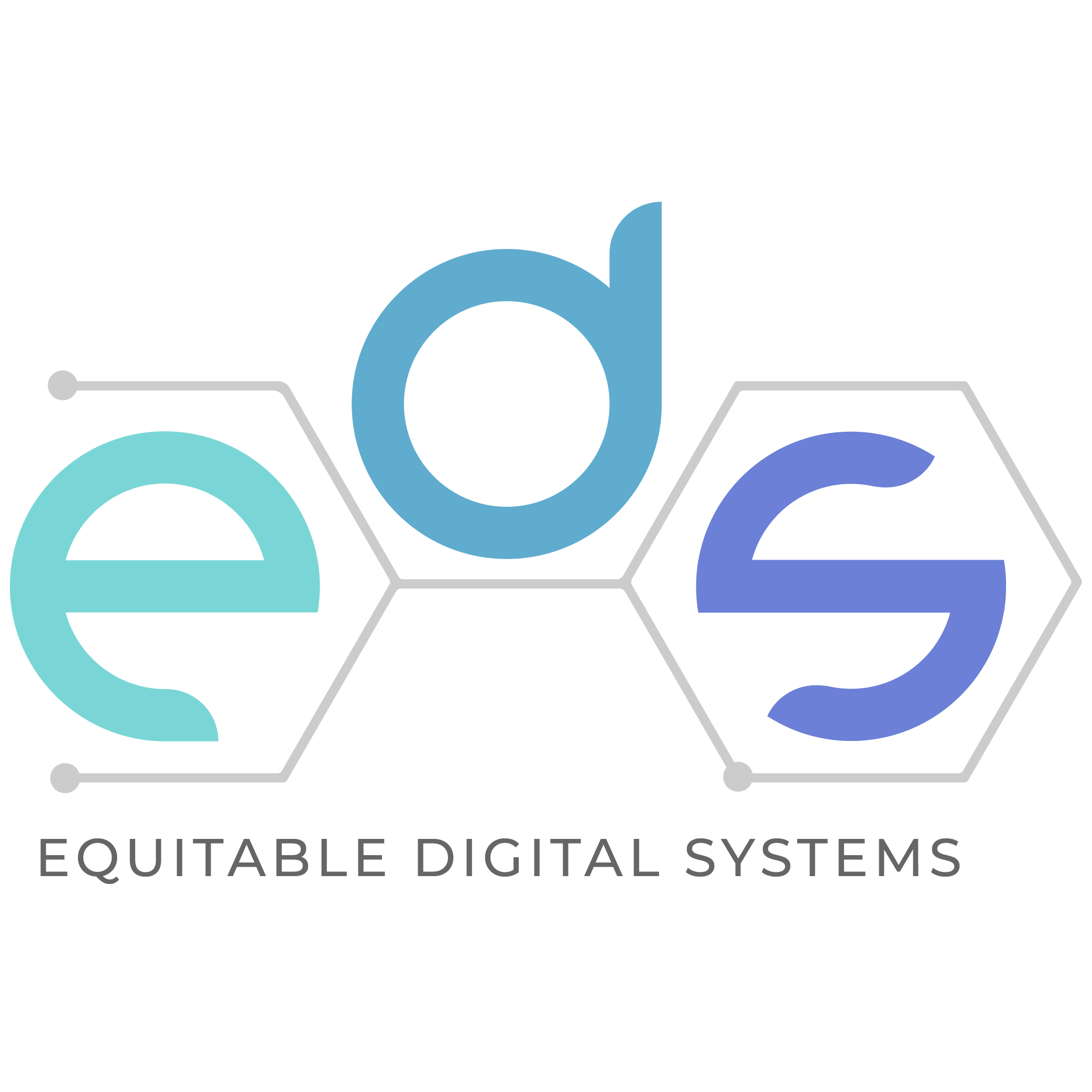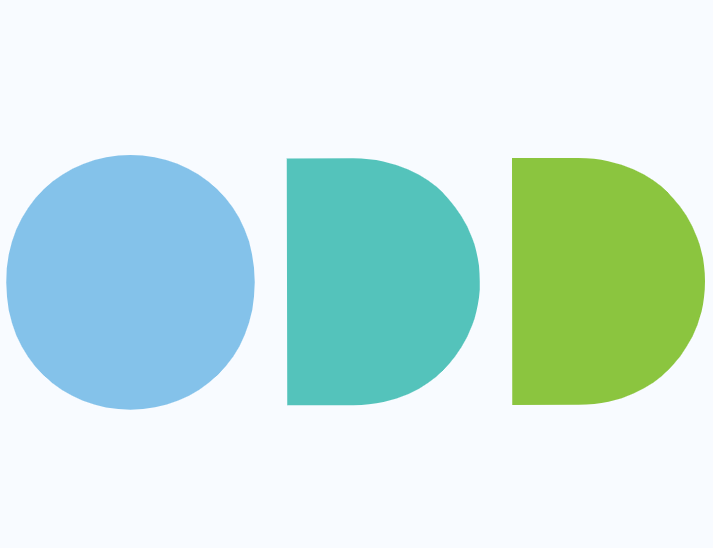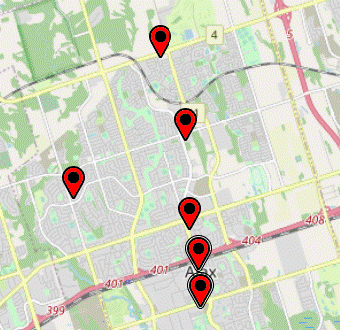Initiatives
Explore IDRC project activities
Disability Bias in AI-Powered Hiring Tools Co-Design
In May, we completed our second set of co-design sessions with the Equitable Digital Systems (EDS) project. EDS is a project that explores how to make digital systems more inclusive for persons with disabilities in the workplace.

Introduction to Data Science Tools Resources in the We Count Research Library
Learning data science comes with a steep learning curve, and inaccessible tutorials, resources and tools create barriers. To support a more inclusive environment in the field of data science, We Count has created a resource library.

Ensuring Equitable Outcomes from Automated Hiring Processes
These automated hiring and matching algorithms, implemented by major corporations such as LinkedIn, Amazon and others can be positioned in the wider context of automated processes, that use machine learning/AI algorithms, and support the infrastructure of society. These systems inevitably result in inequitable outcomes.

Pluralistic Data Infrastructure
The pluralistic data infrastructure supports communities in taking collective ownership of data that relates to them and curating its relationships with data from other sources.

W3C Portable Personal Data Preferences Community Group
The IDRC has submitted a proposal to the W3C to establish a Community Group to discuss and develop portable personal data preferences.

COVID-19 Vaccination Centre Data Monitor: Accessibility Map Demonstration
A COVID-19 data monitor prototype test that was created to show how data gaps can be addressed, providing a way to find accessibility information that is not included in these data sets.

Equitable Digital Systems
The Future of Work: Equitable Digital Systems project is an initiative at the Inclusive Design Research Centre, OCAD U examining the accessibility of the digital tools and systems we rely upon for work.

Preferences Edge Proxy Workflow
The development team has created a new workflow supported by the Personal Data Storage, or Preferences server, where the user makes save/retrieve requests for their preferences while on a static site.

Inverted Word Clouds
Our development team has been hard at work creating a word cloud tool that will allow users to highlight either minority or majority answers.

AI, Fairness and Bias
Dr. Jutta Treviranus participated in the Sight Tech Global 2020 panel "AI, Fairness and Bias" on December 2.
